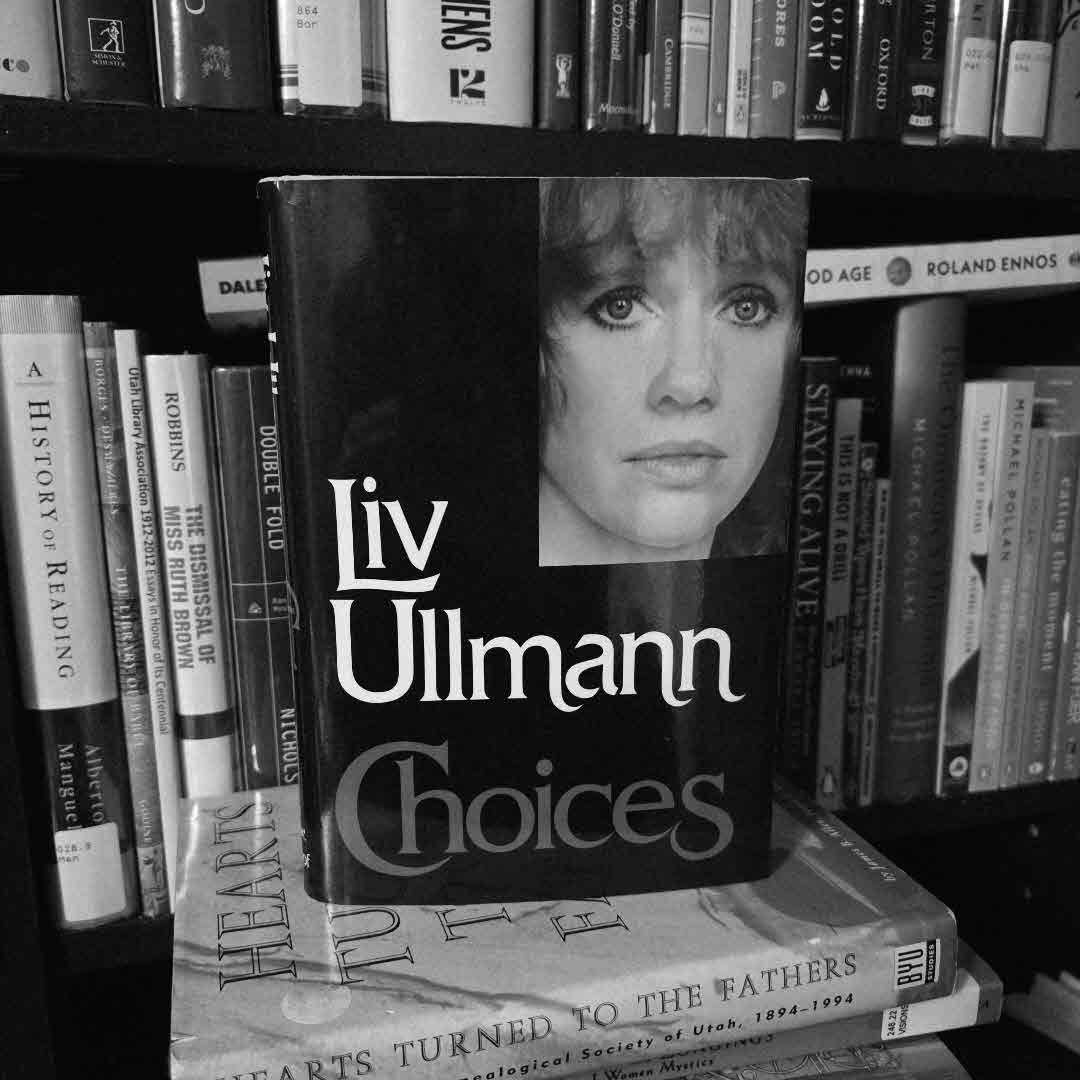
Recent acquisition for our personal library.
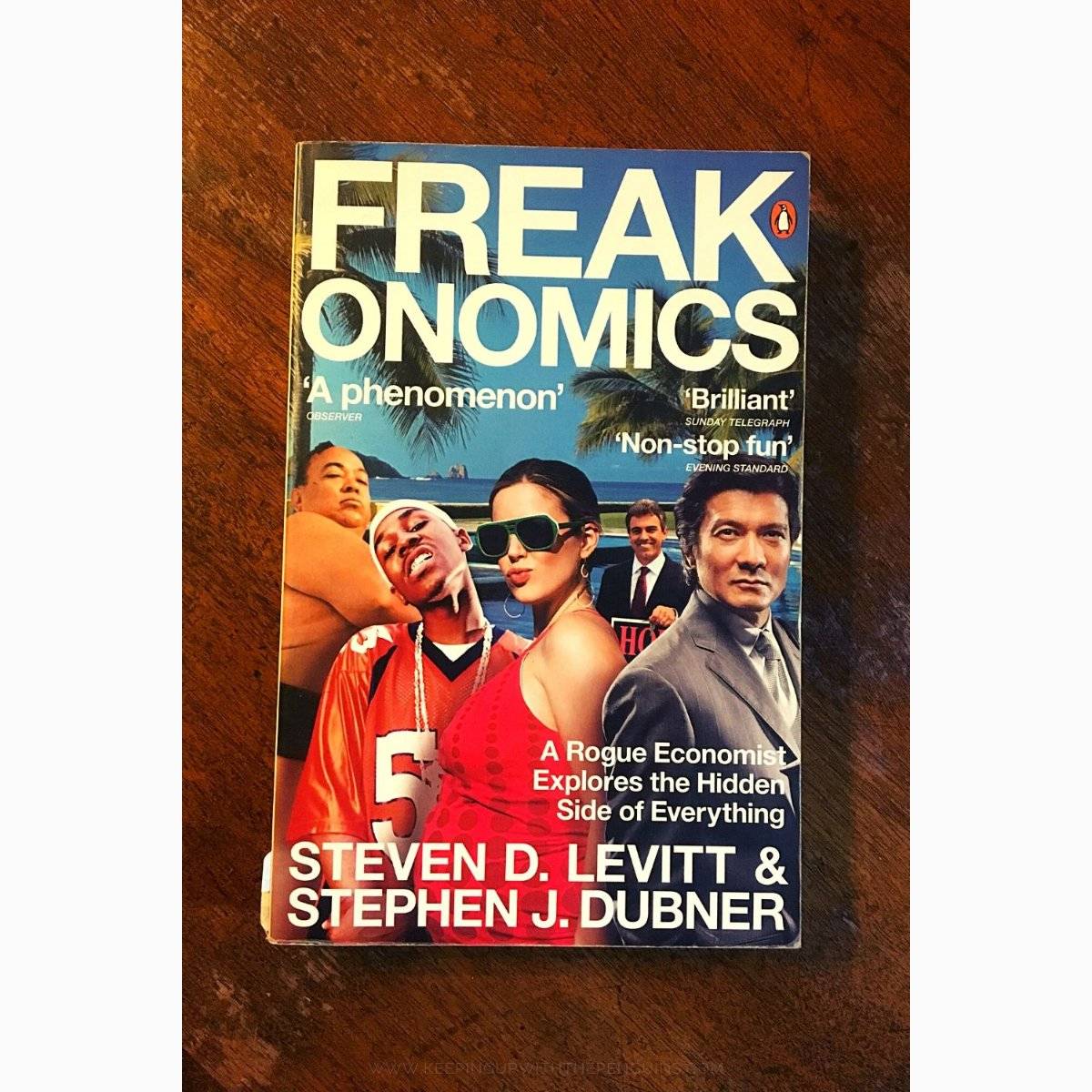
It roughly boils down to applying the principles of economics to social phenomena outside the scope of property and finance. It‘s a good idea, if not a particularly revolutionary one… It‘s just a shame that it was executed so poorly and with so little intellectual rigour, given the subsequent popularity of the book. Full review: https://keepingupwiththepenguins.com/freakonomics-steven-d-levitt-stephen-j-dubn...
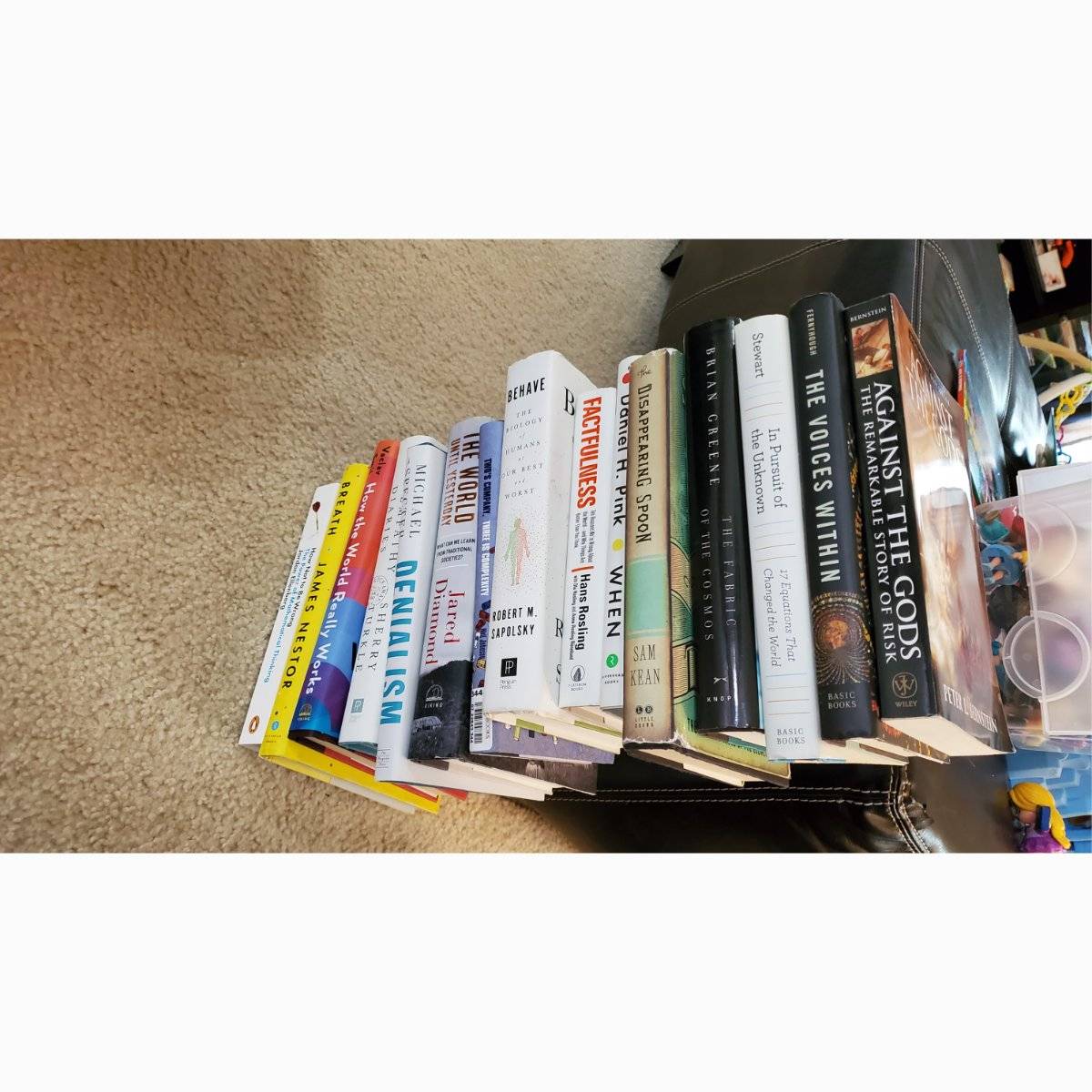
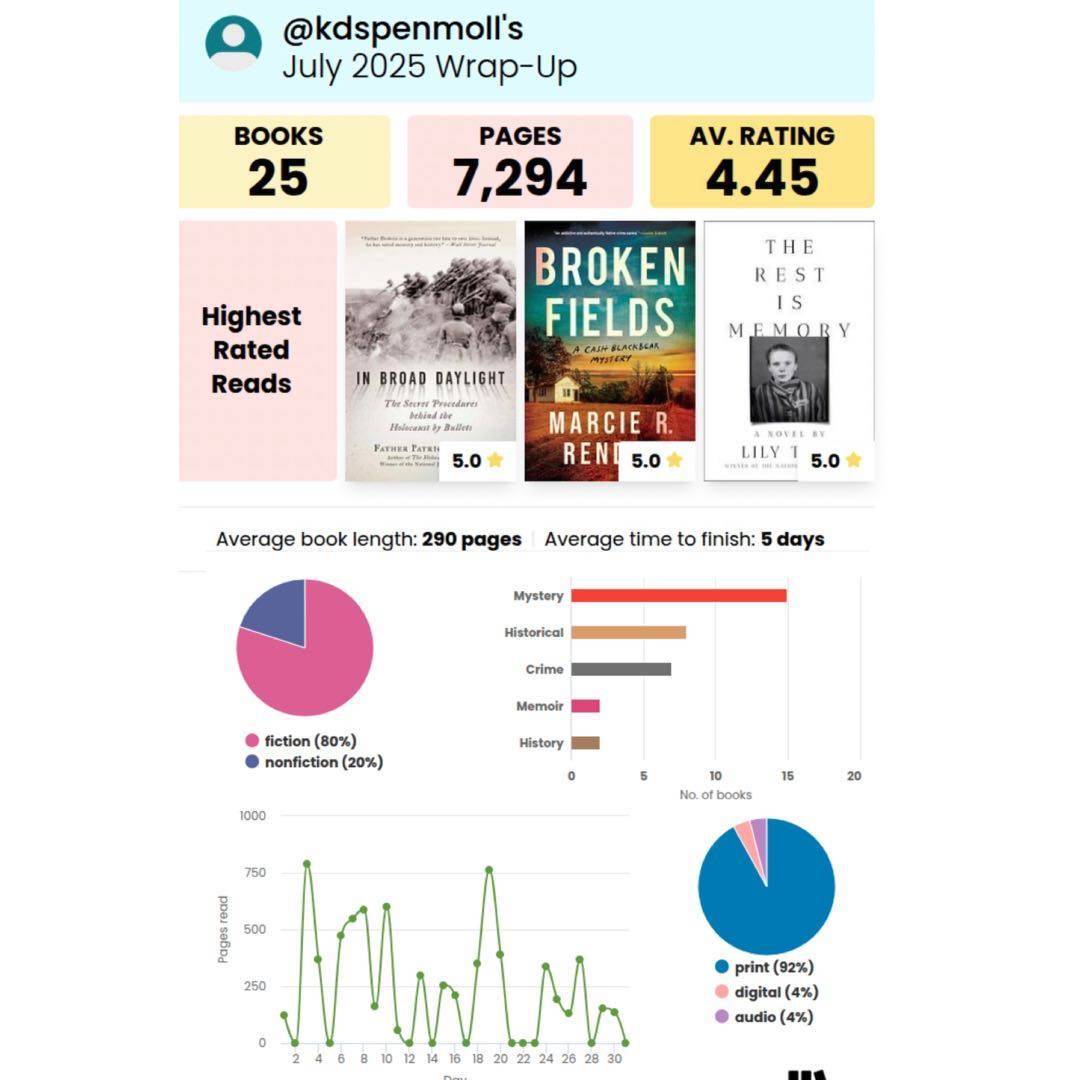
My month of July, 2025 Reading Stats. Mystery books the most read (no surprise, my escape) but more non-fiction than usual. Like to keep that up- #July2025Stats
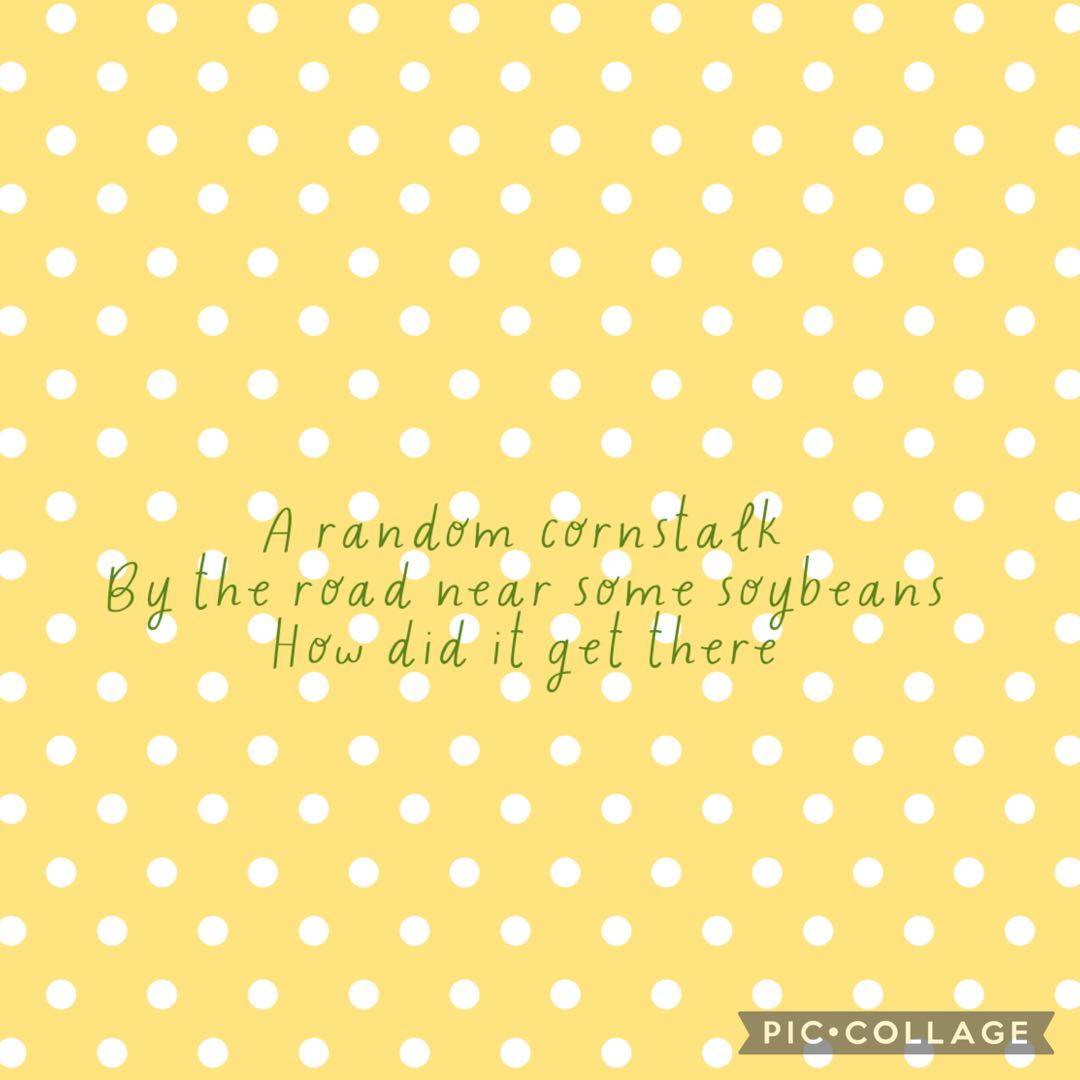
I took a drive on surface roads to the faraway bookstore, and I passed many fields of various crops. Including…
A random cornstalk
By the road near some soybeans
How did it get there
#haikuaday #haikuhive
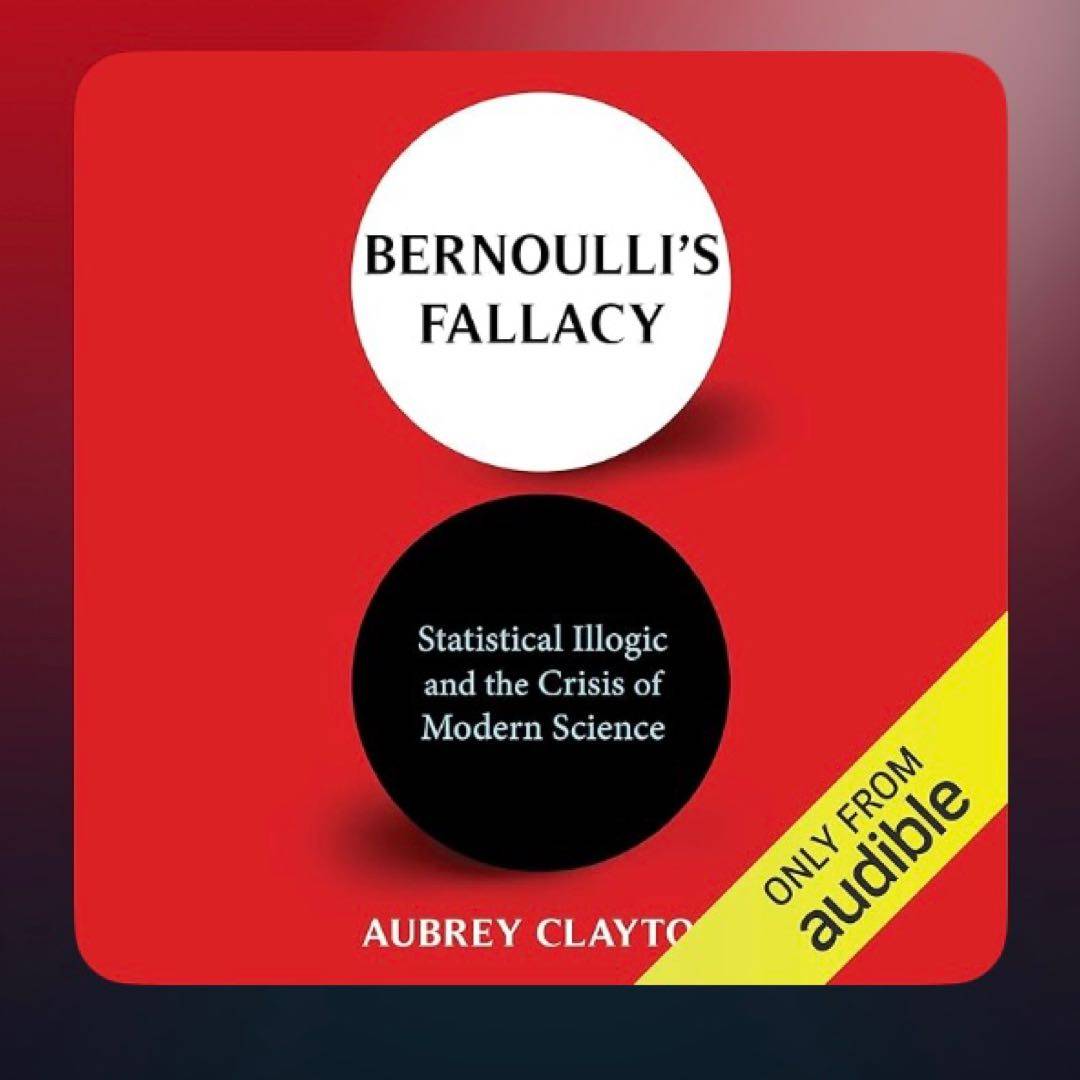
My current audiobook.
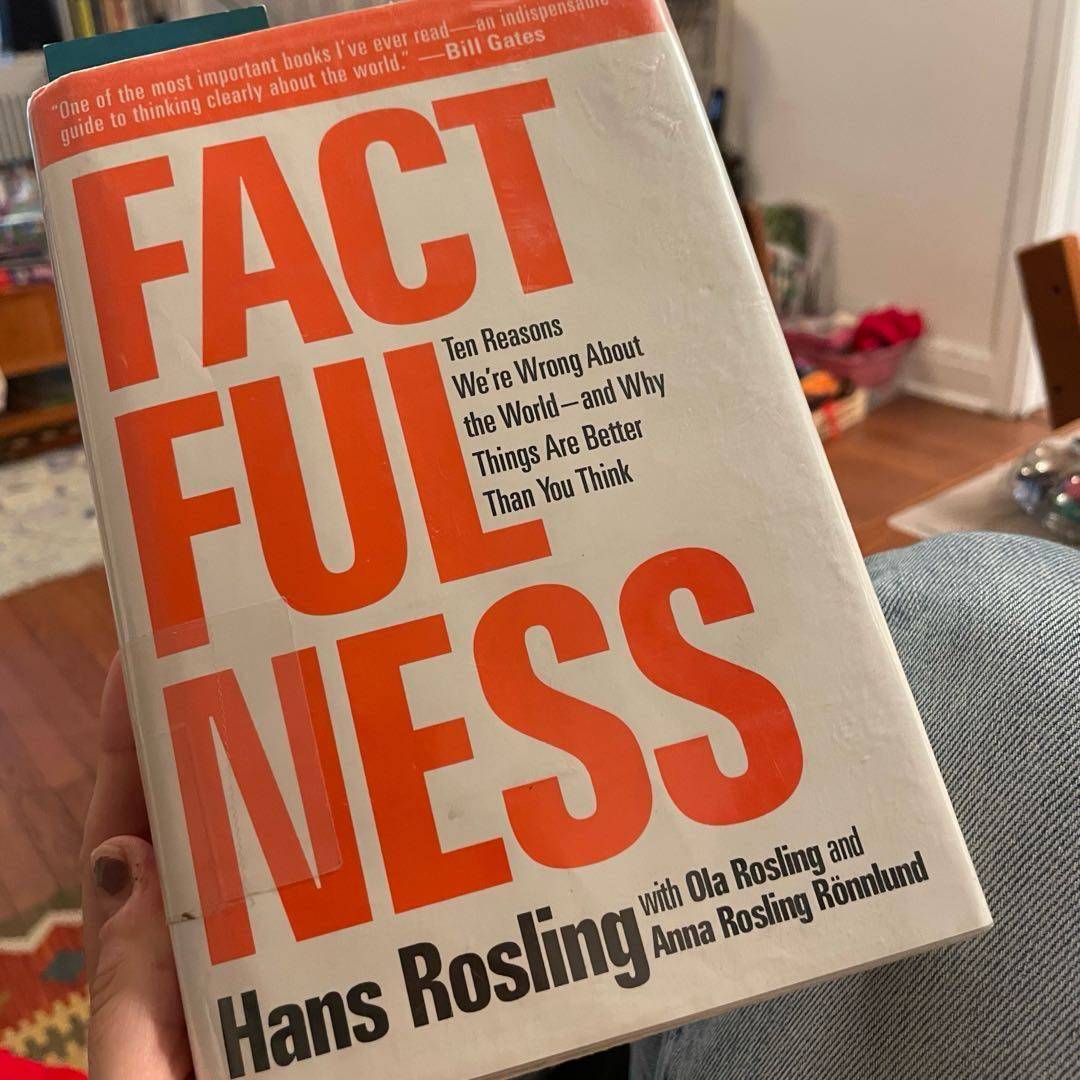
Not quite #selfguidedwomenandgenderstudiescourse but seems like a good time to learn more about thought biases.